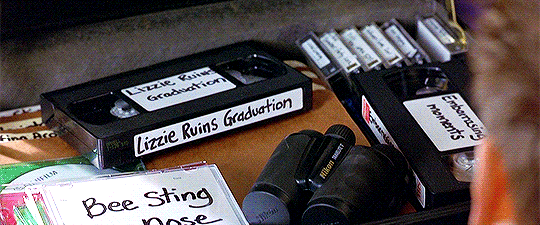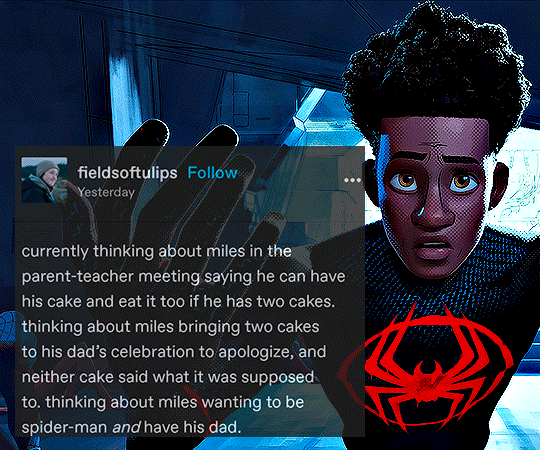Text

Welcome to the word now toddler Hecate ✨ I am so proud of this little girl!
She has a little basket filled with goods for all her friends! Also, wearing a cute hat and crocs are a must for her ✨
(If you want to add me —>D1AFHSJ2M6)
2 notes
·
View notes
Text
Man and woman in a period piece: meet
The rest of the cast and me watching from my couch:

77K notes
·
View notes
Text
I dream about a day when there’ll be a time travel machine, and I’ll go back in time and bring Jane Austen my computer with all the movies/series of her books in.
Then we’ll sit down, and I’ll let her know that the scene where Colin Firth jumps in the water in p&p 1995 was obviously needed.
#pride and prejudice#jane austen#literature#p&p 1995#janeite#elizabeth bennet#mr Darcy#persuasion#emma#sense and sensibility#sanditon#northanger abbey#England#regency
6 notes
·
View notes
Text
The thing about Pride & Prejudice is we are given both the "perfect victim" in Georgiana and an imperfect one in Lydia. Lydia does not stir or even seem to want our compassion, but she is a victim. Jane Austen does not kill or truly impoverish Lydia, instead she assures us that her family, even the main character of the novel, will always protect her. Jane Austen cared about imperfect victims.
535 notes
·
View notes
Text
He's a 10 (thousand a year)
But he proposed by insulting your family, connections, and ruining your sisters life
276 notes
·
View notes
Photo
@transheso

so are you like.. a cow or a dalmatian?
17K notes
·
View notes
Photo





20 Years of The Lizzie McGuire Movie (May 2nd, 2003)
8K notes
·
View notes
Text
Don’t know who’s gonna read this, but I feel the need to share something.
You know when you feel - no, you know you’ve fucked up?
Sometimes I can’t understand why my brain doesn’t stop me from saying things I should just keep inside. They say “sharing is caring”, but I fear I’ve shared too much this time. Now I’m losing someone important… which is quite ironic since they were scared of losing me.
Also, my head is hurting from crying.
2 notes
·
View notes
Text
She was not a woman of many words; for, unlike people in general, she proportioned them to the number of her ideas
Sense and Sensibility, Jane Austen
This has the same feel as Bilbo Baggins's "I don't know half of you half so well as I should like, and I like less than half of you half as well as you deserve."
221 notes
·
View notes
Text









.+༉‧₊˚ halloween pride lockscreens
.*.⋆like or reblog if u use
8K notes
·
View notes



























